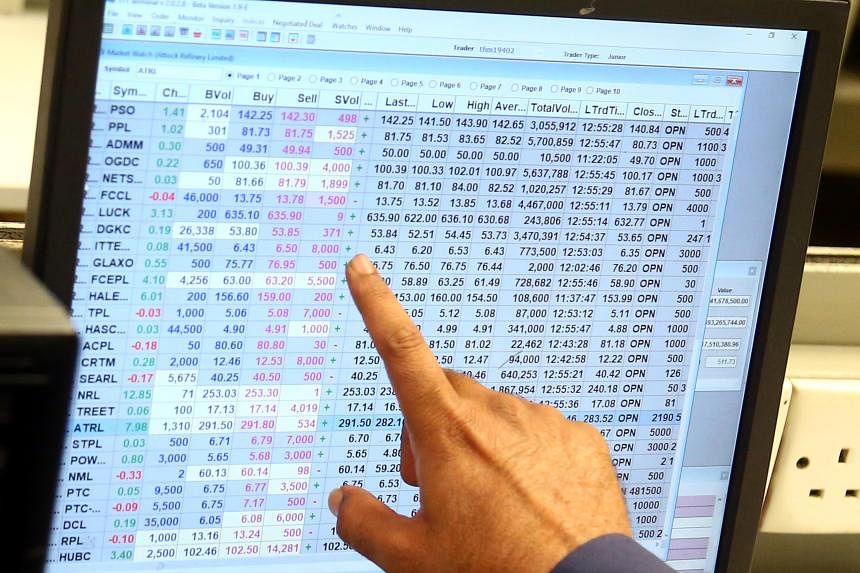


After a 27-year wait, short-selling has finally been introduced in the Philippines. A total of 52 stocks and one exchange-traded fund will be available for short-selling, allowing investors to hedge against uncertainty in the economy and political situation. The move comes as the Philippine Stock Exchange seeks to revive interest in the market, which has seen a decline in daily stock transactions and foreign equity investments. The Philippine Depository and Trust Corp. is the only licensed lending agent for short-selling, but other brokers can lend out shares they own or borrow stocks from the depository for a fee. However, brokers are not rushing to become lending agents due to the associated costs. While the introduction of short-selling is seen as a step in the right direction, it may not be enough to attract global funds back to the Philippines stock market, as liquidity remains a key constraint for foreign investors [39165596].
In South Korea, a new stock market monitoring system is set to be implemented in the first quarter of 2025. The system is designed to detect illegal short-selling and is seen as a prerequisite to lifting the market-wide ban on short-selling that has been in place since November. The ban was imposed to protect the market from excessive volatility. Lee Bok-hyun, governor of the Financial Supervisory Service, expressed hope to partially lift the ban in June or provide investors with a timeline for its lifting. The introduction of the monitoring system is expected to enhance transparency and investor confidence in the South Korean stock market [1f863604].
Regulators in Asia have tightened the screws on high-speed traders and short sellers as stocks slumped, with Thailand increasing scrutiny on high-frequency trades and China subjecting programmed trading to real-time monitoring. The restrictions have raised concerns about liquidity tightening and making markets less attractive. However, some welcome the restrictions as they can reduce short-term speculative trades. The adoption of artificial intelligence in trading strategies poses a challenge for policymakers in keeping up with increasingly sophisticated strategies and their impact on financial markets [71bb6de6].